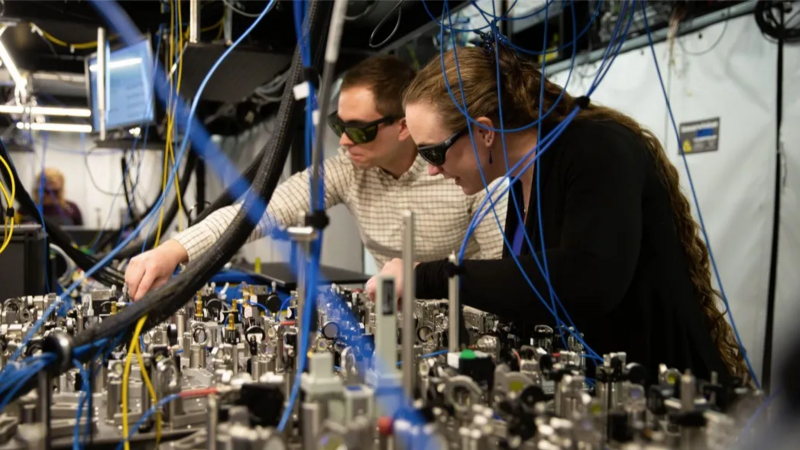New hardest way to earn 50 grand just dropped: winning the Olympic 400-metre hurdles.
What happened: This year in Paris, track and field will be the first-ever Olympic sport to pay prize money to gold medallists. World Athletics, the governing body in charge of track and field, has set aside US$2.4 million to pay $50,000 to first-place finishers across 48 events.
.jpg)
.png)
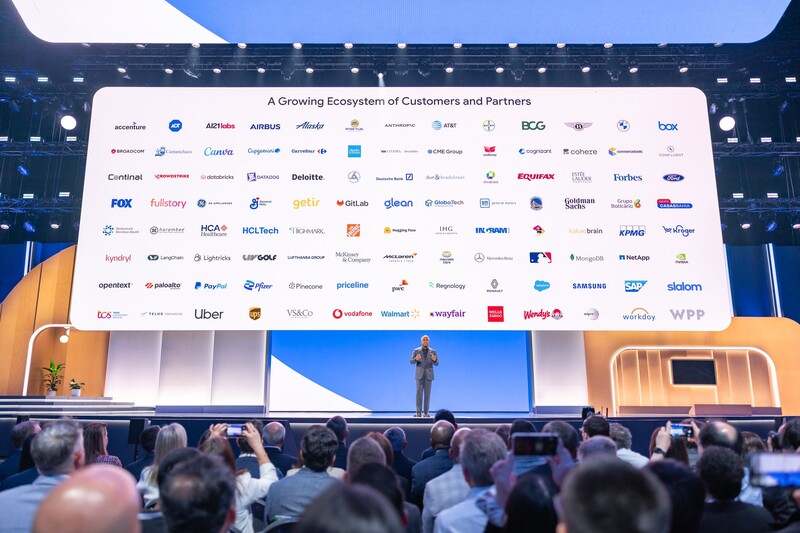


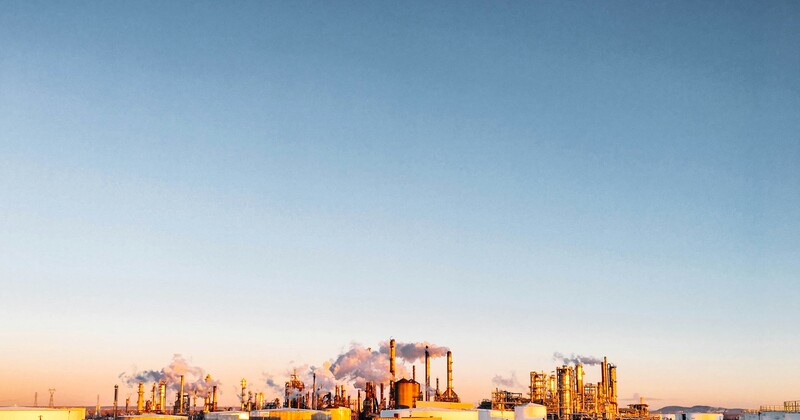

.gif)

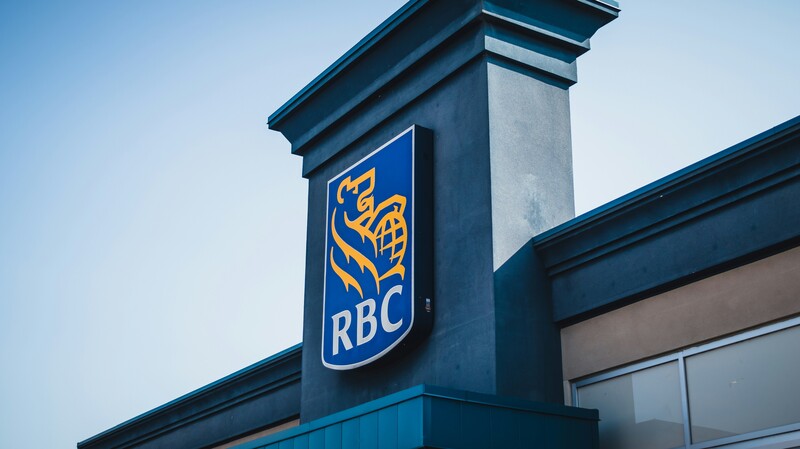
%20(2).jpg)
.jpg)
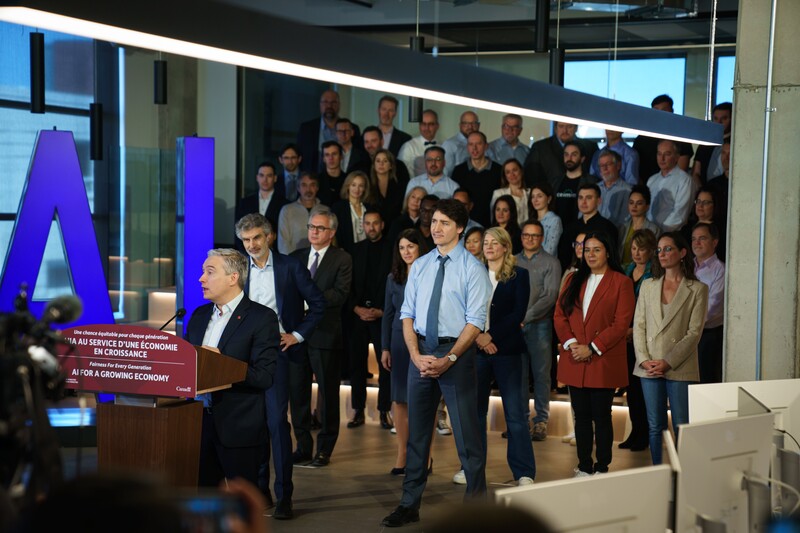
%20(2).png)
.gif)
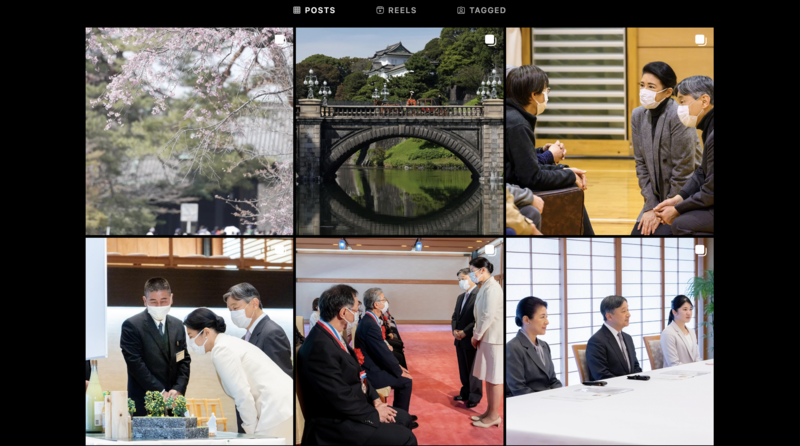

.png)
.png)
